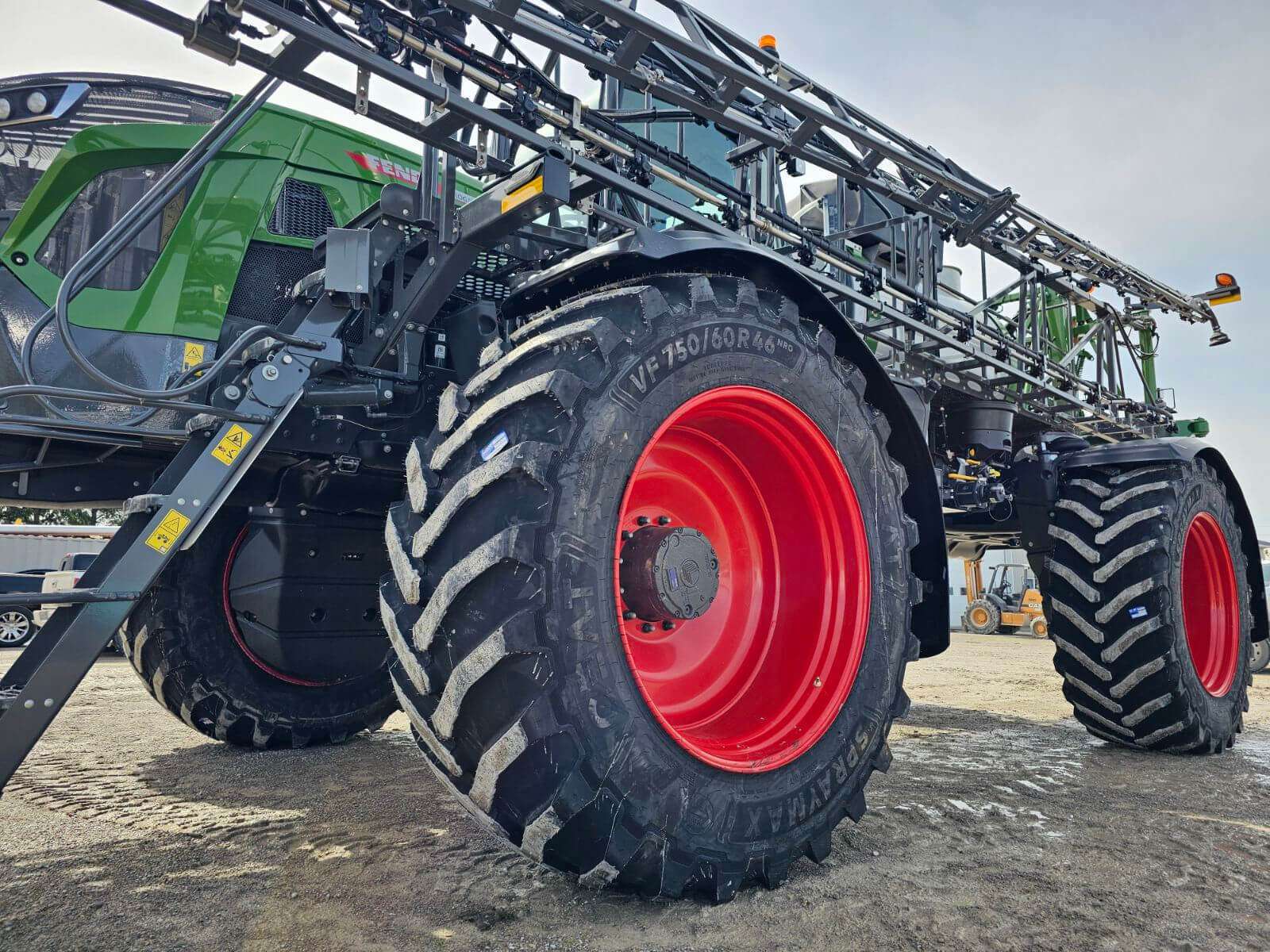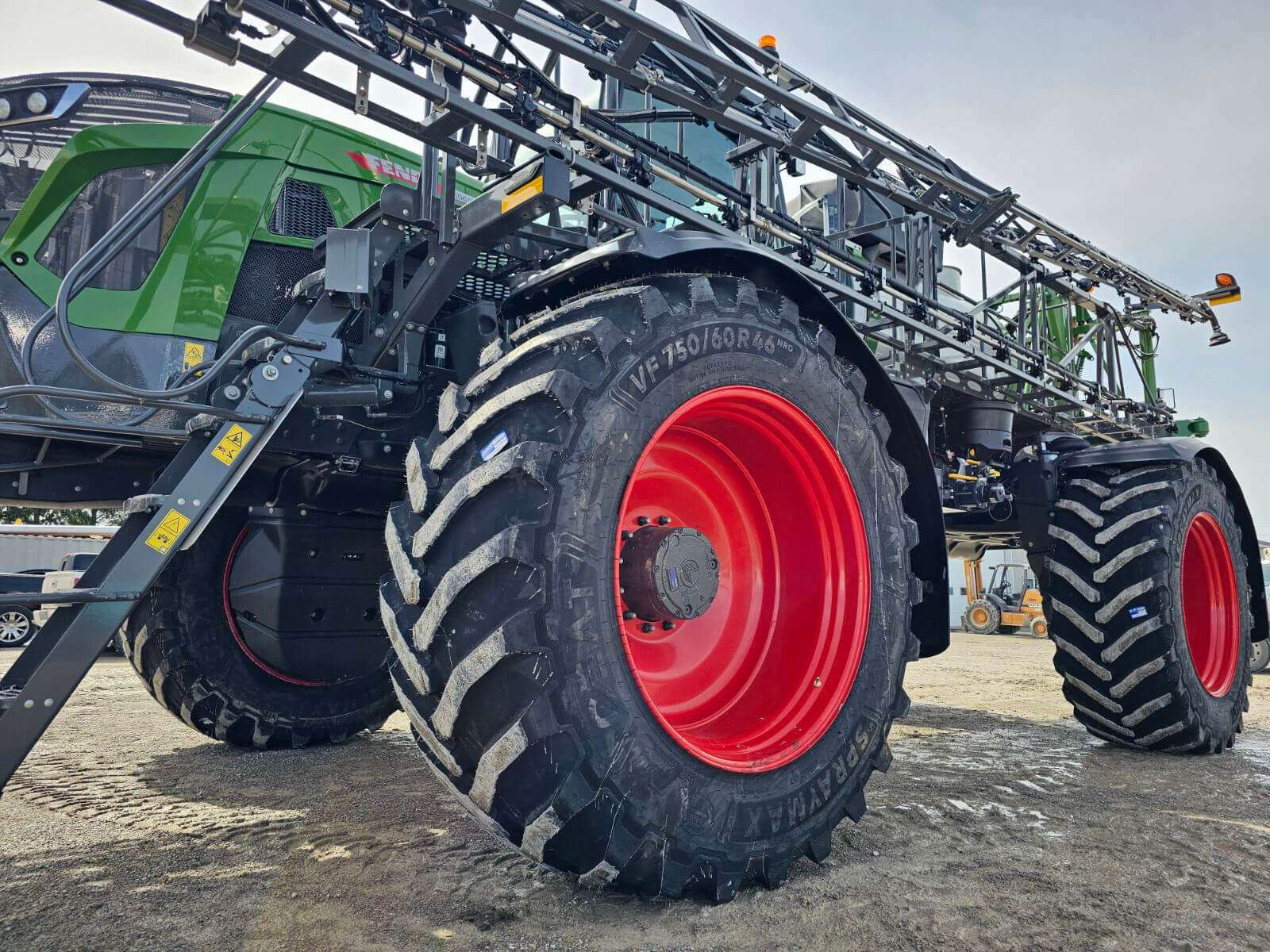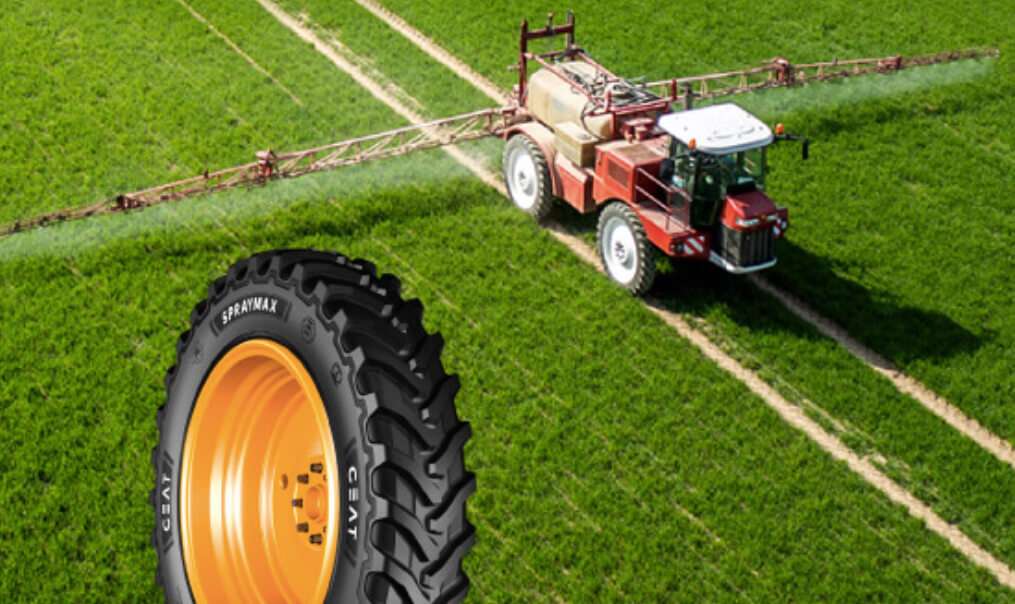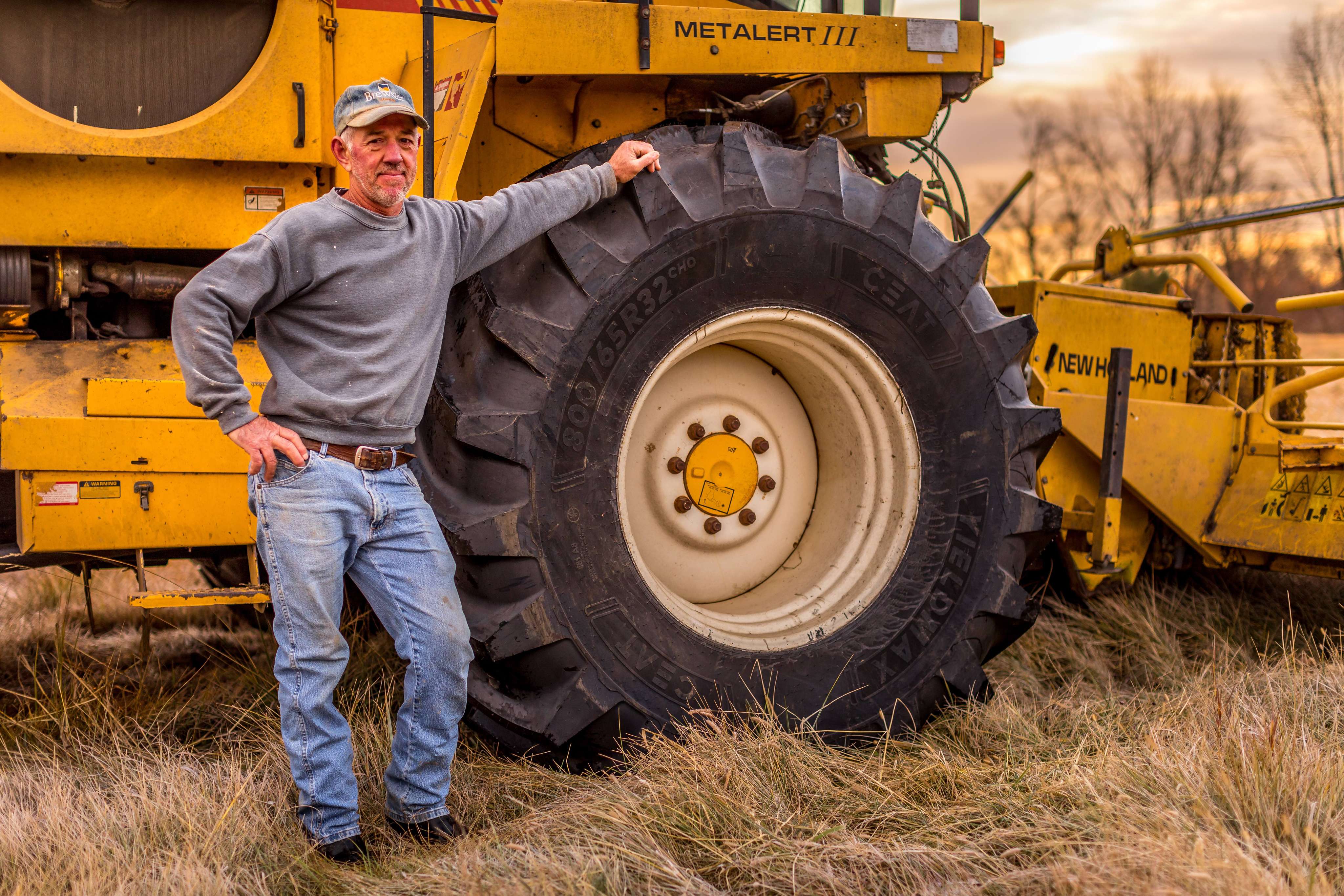ceat-speciality:blogs-tags/all,ceat-speciality:blogs-tags/technology
Save on Fuel Costs with IF/VF Farm Tires
Wed, 27 Nov 2024 | PRODUCTS
Don’t forget about reduced rolling resistance when considering the many benefits of VF/IF tires. Upgrading to these hi-tech tires represents a smart investment for farmers looking to reduce fuel costs, improve equipment efficiency, and minimize soil damage.
While the initial cost of upgrading to IF (Increased Flexion) or VF (Very High Flexion) tires may be higher than standard radials, the potential savings in fuel and maintenance, along with the added benefits of longer tire life and reduced compaction, often result in a net positive return on investment.
IF tires can carry up to 20% more load than a standard radial at a given inflation pressure—or they can carry the same load (as a standard radial) at a lower inflation pressure. VF tires can carry up to 40% more load than a standard radial at a given inflation pressure—or the same load (as a standard radial) at a lower inflation pressure.
CEAT Specialty is incorporating IF/VF technologies into more and more of its Ag tires, including the Spraymax VF and Torquemax VF.
Fuel Efficiency Gains: IF and VF tires are designed with added flexibility in their sidewalls, allowing for a larger and longer contact patch with the ground. This results in improved traction and reduced rolling resistance, which can lead to fuel savings. Depending on the tire type and application, growers can see efficiency improvements of up to 4% when upgrading from standard tires to IF or VF tires.
Better Performance at Lower Pressures: One of the key advantages of IF and VF tires is their ability to operate at lower inflation pressures while still supporting the same load. Lower pressures allow the tires to flex more, spreading the load over a larger area, reducing soil compaction, and improving fuel efficiency.
Improved Fuel Economy: The enhanced sidewall flexibility and longer contact patch provided by IF and VF tires result in a more efficient use of fuel. This means that in addition to potential savings at the pump, there’s less wear on the engine and drivetrain over time.
Reduced Soil Compaction: The wider, longer contact patch offered by both radial and IF/VF tires distributes the weight of the equipment more evenly across the soil, reducing the likelihood of soil compaction. This is important not only for fuel economy but also for preserving soil health and ensuring optimal crop yields.
The best news is that IF/VF tires are no longer the domains of the mega farms with mega budgets. CEAT Specialty is bringing IF/VF technology to family farms at an affordable price.




















